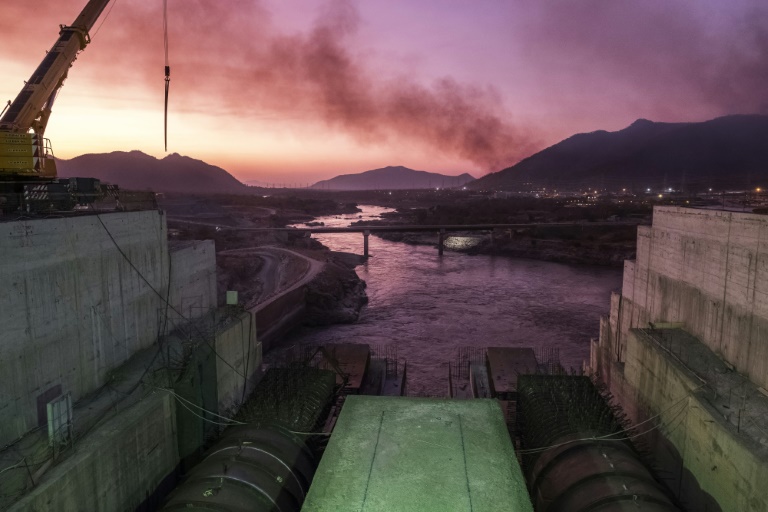
The latest round of negotiations over the contentious Grand Ethiopian Renaissance Dam (GERD) held this week in Ethiopia’s capital ran into a number of roadblocks, according to sources familiar with the matter.
Addis Ababa hosted this week the fourth meeting of irrigation ministers and technical delegations from Egypt, Sudan and Ethiopia, to discuss the rules of filling and operating the GERD, a $4 billion project that Egypt fears could negatively impact the country’s water supply.
Negotiations stumbled over the establishment of an effective “coordination mechanism” for operation of the GERD, which includes reaching an agreement on the rules for filling and storage at the Renaissance Dam during differing hydrological periods, the sources said, adding that the talks failed to reach an agreement despite Egypt’s “flexibility” on the matter.
The inclusion of clear mechanisms to “protect” downstream countries from the “massive” damage that the Ethiopian Dam might cause was also a matter of contention, the sources said.
The parties also disagreed on a proposal for joint management of the Renaissance Dam and the High Dam in Aswan, which would help to maintain the flow of water under the “harsh” conditions that may arise during periods of filling the Ethiopian dam, the sources added.
Points of discussion during the two-day meeting in Ethiopia’s capital included establishing rules for filling the Renaissance Dam, which will allow Ethiopia to generate hydroelectric power, bolster development and expand electricity access in the country, as well as measures to reduce drought, which may coincide with periods of filling the dam, according to Egypt’s Irrigation Minister Mohamed Abdel Aaty.
The delegations of the three countries agreed previously in talks held in Washington this November to reach an agreement on filling the dam by January 15, 2020.
In October, Egypt’s Water Resources and Irrigation Ministry said that negotiations with Ethiopia had reached a dead end after the two sides failed to reach an agreement over the filling of the GERD, with the Egyptian government blaming Ethiopia for the stumble.
Egypt, which relies considerably on fresh water from the Nile, has voiced fears that the GERD would negatively impact the country’s water supply since construction of the dam began on Ethiopia’s Blue Nile in 2011.
Ethiopia, on the other hand, has reiterated the importance of the project to bolstering the economy in the country, where more than half of the population currently lives without access to electricity, according to a report from AFP.
Edited translation from Al-Masry Al-Youm
Image: The Grand Ethiopian Renaissance Dam will become the largest hydropower plant in Africa (AFP / EDUARDO SOTERAS)



